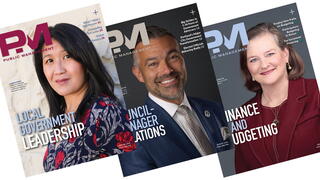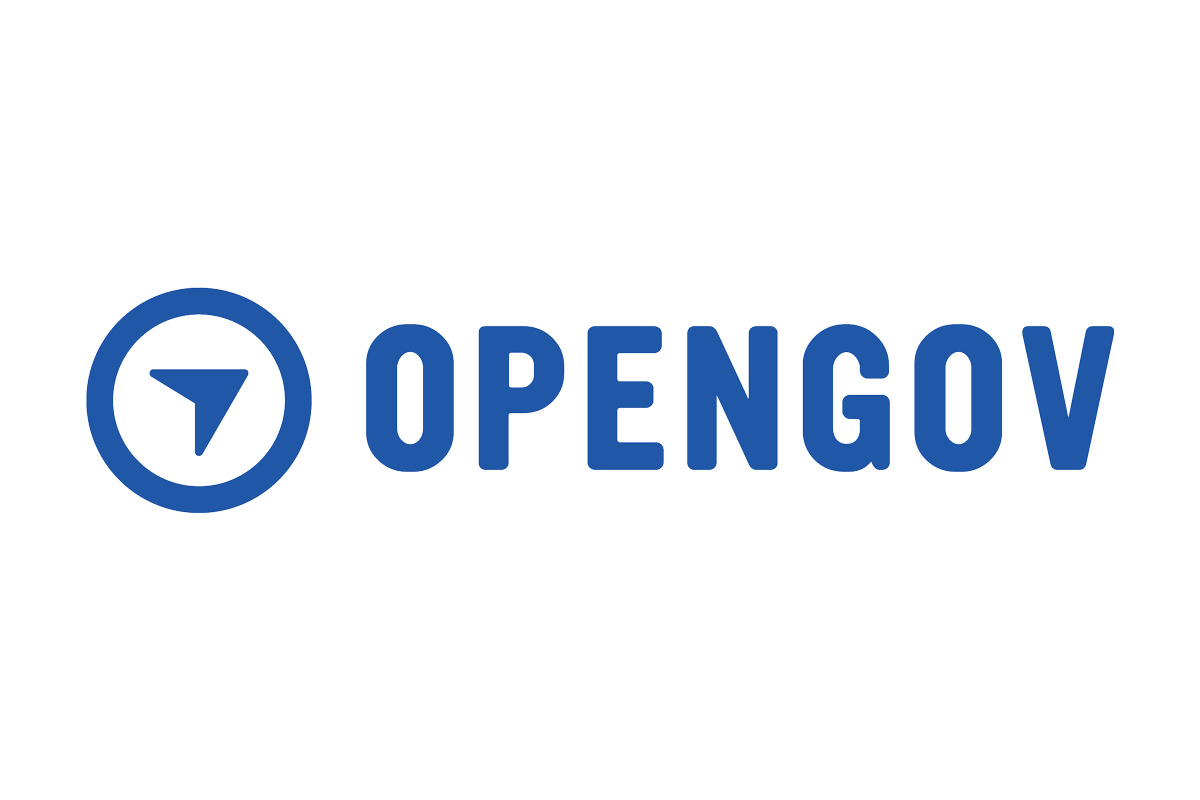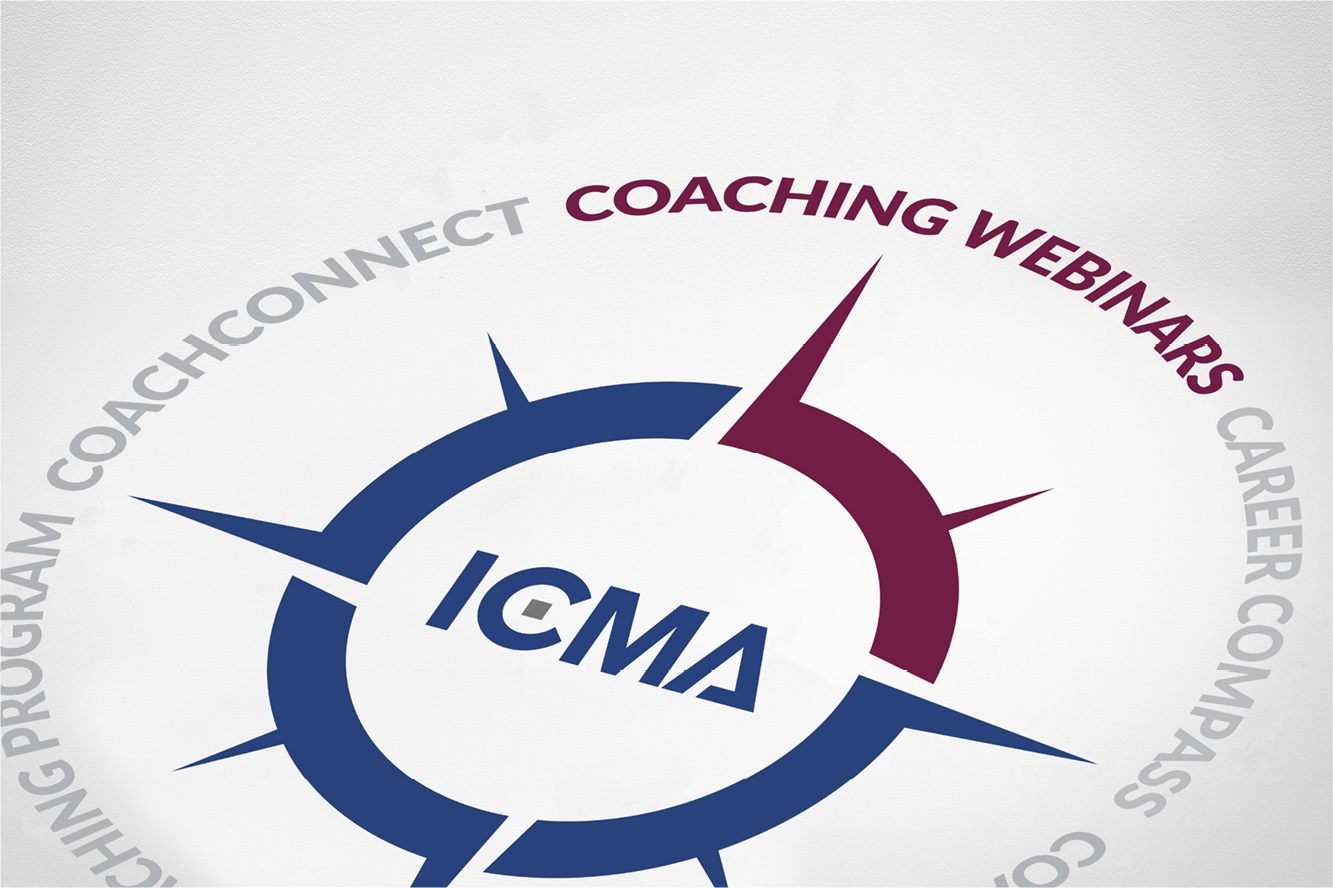This award is presented to an individual who has made a lasting impact on the community and the profession.


DOJ is seeking feedback on the executive order that will require local government to assure website accessibility with timeframe based on population size.

Open to ICMA members only, the application period is open for the next session and will close on June 30.

Public Management (PM) is the award-winning flagship magazine of ICMA, the International City/County Management Association.

Seattle's Race and Social Justice Initiative provides significant impetus for developing policies for a sustainable community.

